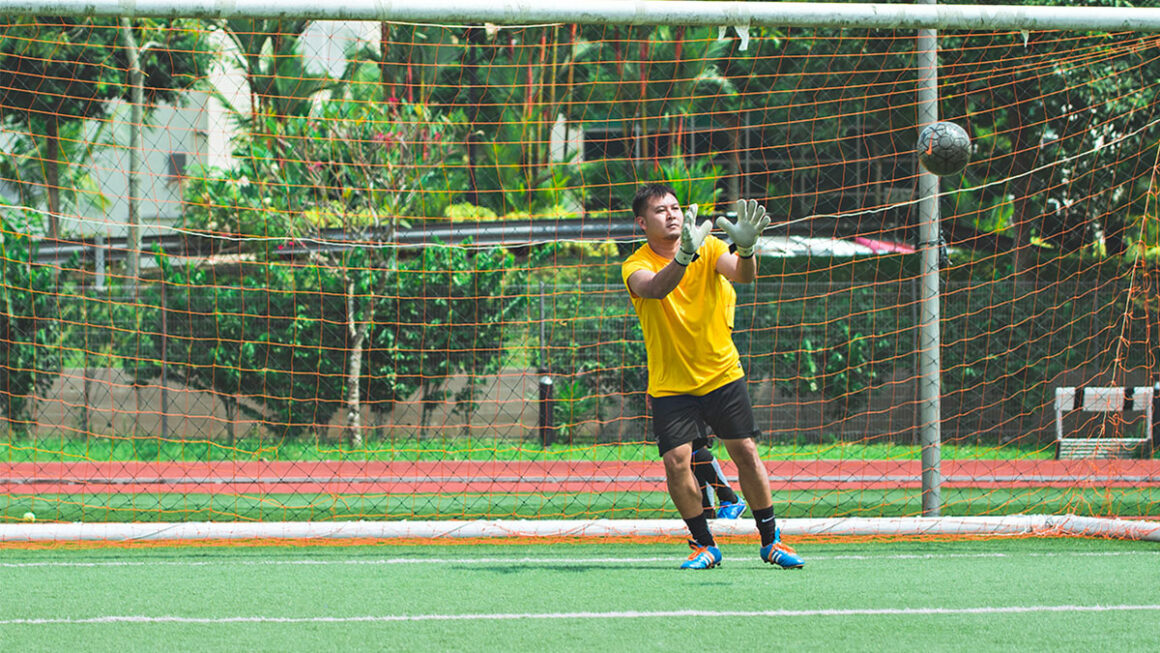I have been a volunteer football coach with Special Olympics Singapore for seven years. It has been one of the most rewarding experiences of my life.
I work at the Institute of Technical Education (ITE). Sometimes, people ask me what I think are the differences between teaching mainstream students and coaching the athletes of Special Olympics. My answer is always the same: they are different only if we insist on seeing them differently.
On the football field, we do not coach the players of a unified team differently. A unified team means that there are players with and without intellectual disabilities playing on the same team. The coaching techniques we use are the same. We make sure that every player, including those with intellectual disabilities, understands our instructions. We instill the spirit and mindset of inclusion within the team so that every member has an equal opportunity to play and shine.
Along this journey, there are athletes who have inspired me and who have left an indelible mark. Syzwandy is one such athlete. I first met him in 2012 when he was 17, and I was an assistant coach with the Special Olympics Singapore team. In 2013, the team took part in the 11-a-side regional football tournament organized by Special Olympics Asia Pacific. We were not prepared as a team and did not do well.
What struck me from that experience was how positively Syzwandy took the defeat. He refused to let it get him down and was determined to do better. He has approached all aspects of his life with this never-say-die attitude. From a special education school, he worked hard and made it to ITE. He eventually graduated and found a job. Despite his hectic schedule, he comes for training every Saturday and gives it his all every time.
He is now 24 and has become an assistant coach and a mentor to others. It is rewarding to see how he has grown into a leader. The younger team members respect and look up to him. He tells them that so long as they approach the game with sportsmanship and a positive attitude, the outcome doesn’t really matter.
Athletes like Syzwandy fight extremely hard to be accepted by mainstream society. His hard work to gain entry into ITE is celebrated as a personal milestone and victory. But we must do more as a society to change mindsets so that people with intellectual disabilities do not feel ashamed of being in a special school. They should not feel that they must prove themselves “worthy” to be accepted by society.
As a volunteer, witnessing the growth and development of athletes like Syzwandy is a huge reward in itself. If every single one of us takes one small step and volunteers just a bit of our time and skills to the cause, we will achieve leaps towards inclusion as a society.

